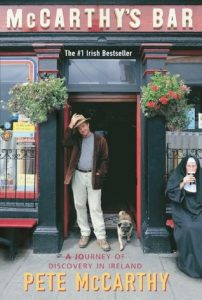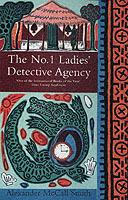In which we have a singalong.

I bought his book on World Book Day, 23 April. Not so much because it was World Book Day (though that’s always a good excuse) as because I happened to see it mentioned somewhere on the net that day and I had not previously been aware that Hornby had a new book out – and obviously I had to have it immediately.
31 Songs is not, as you might be able to guess, a novel. It’s a collection of little, hm, well, not really essays, essayettes? Well, whatever. It contains 27 chapters that all in all deal with 31 songs (in fact, rather a few more songs are mentioned), songs that Hornby for one reason or another likes and about which he feels he has something worthwhile to say. I’m a little sorry that it is not a novel, novels being my staple diet and Hornby being such a master chef, but it’s hard to wish this book were a novel instead while reading it, it’s such an extremely pleasant read. Despite having heard very few of the songs and a few of the ones I have heard I don’t particularly like (Nelly Furtado’s I’m Like a Bird, for example), I found myself nodding in agreement and recognition a lot of the time. Part of Hornby’s «purpose» is a defence of pop songs as a valid, grown-up, genre, in face of the dismissal the pop-fan will inevitably receive from jazz-buffs and afficinados of classical music (whether genuine or not).
Songs are what I listen to, almost to the exclusion of everything else. I don’t listen to classical music or jazz very often, and when people ask me what music I like, I find it very difficult to reply, because they usually want names of people, and I can only give them song titles. And mostly all I have to say about these songs is that I love them, and want to sing along to them, and force other people to listen to them, and get cross when these other people don’t like them as much as I do (…)
As someone who prefers Alanis Morissette to Carmen for emotional affirmation (not that I don’t like Carmen, it’s just not a CD that ends up in the player very often, whereas it’s rare for a week to go by without one or other of AM’s songs bursting from the speakers at full volume), this sort of sentiment is bound to endear the author to me. But to be honest, I’m pretty sure I’d still have enjoyed this book even if I’d disagreed with every opinion Hornby has, I am too much of a fan of his writing, his way of expressing himself, to actually be much bothered about the subject.
Now that you’ve got that off you chest, could we please have another novel from you, Mr. Hornby?
 Or was it travel? Having finished Tony Hawks I thought some more travel-in-Ireland was in order and therefore reread Pete McCarthy’s McCarthy’s Bar, where, amongst other things, he lays out a few of the rules of travel. The one that gives the book its name is ‘8. Never pass a bar which has your name on it.’ An admirable sentiment, though somewhat more useful if your name is Pete McCarthy than if it’s Ragnhild Sandlund. Never mind.
Or was it travel? Having finished Tony Hawks I thought some more travel-in-Ireland was in order and therefore reread Pete McCarthy’s McCarthy’s Bar, where, amongst other things, he lays out a few of the rules of travel. The one that gives the book its name is ‘8. Never pass a bar which has your name on it.’ An admirable sentiment, though somewhat more useful if your name is Pete McCarthy than if it’s Ragnhild Sandlund. Never mind.
 I found
I found 


